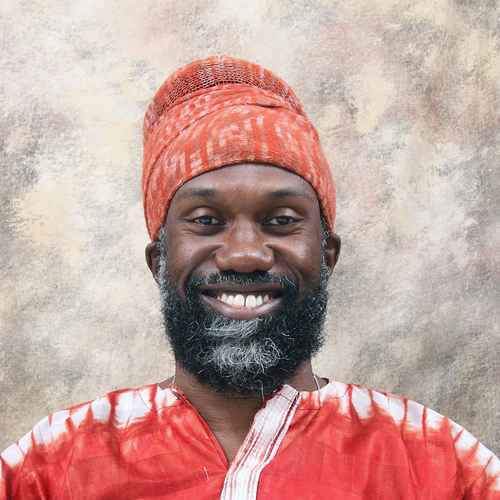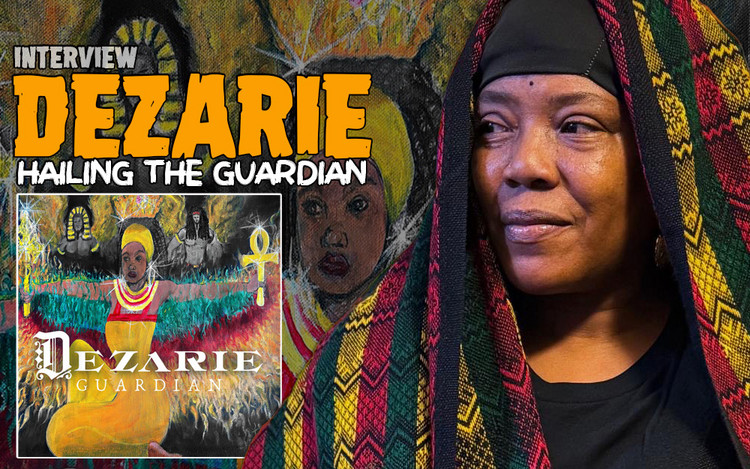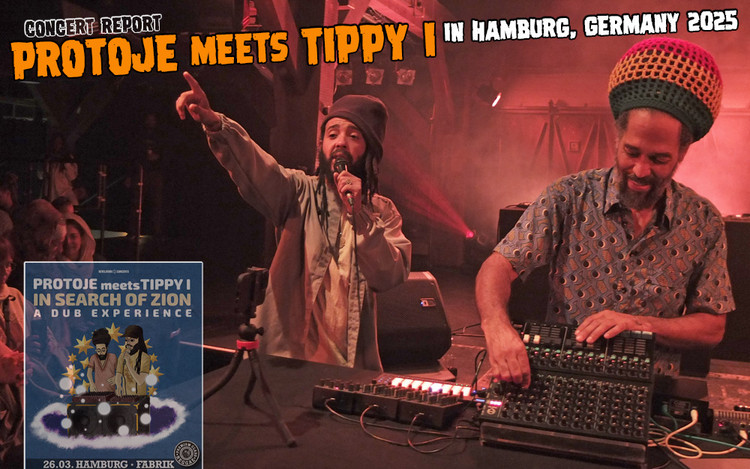Corey Harris ADD

Born in Denver, CO on February 21, 1969, Corey Harris got his first taste of the blues via his mother’s collection of Lightnin’ Hopkins records. He first picked up the guitar at age 12, and at the same time developed his singing abilities in church choirs. By high school, he was playing in rock bands.
An Anthropology major at Bates College in Maine, Harris traveled to Camaroon to study African linguistics, and returned there a couple years later on a post-graduate fellowship. During these visits, he soaked up as much African music as possible, entranced by its complex polyrhythms.
After returning to the U.S., Harris taught English and French in Napoleonville, LA, and spent his spare time playing in the clubs, coffeehouses and street corners of nearby New Orleans. He quickly developed a local reputation that earned him a record deal with the Alligator label, where he released his solo acoustic1995 debut album, Between Midnight and Day, a recording that showcased his mastery of numerous variations on the delta blues style. This first outing earned high marks from the critics – enough to score a high-profile opening slot on tour with Natalie Merchant.
Harris followed up with Fish Ain’t Bitin’ in 1997, an album that featured more original material than the previous recording and took him beyond the confines of traditional blues by enlisting a New Orleans-style brass section on several tracks. Two years later, he released the even stronger set, Greens from the Garden, a mix of original and cover material that added layers of funk, R&B, reggae and hip-hop to his already solid blues foundation.
Pianist Henry Butler’s appearance on Greens served as a segue to Vu-Du Menz, a Harris-Butler collaboration released in 2000. This jazz-influenced recording marked the end of Harris’ tenure on Alligator, and he moved to Rounder for the 2002 release of Downhome Sophisticate, an album that added layers of African and Latin music to Harris’ ever-expanding palette.
In addition to his work in the recording studio, Harris also made a foray into filmmaking when he appeared in the Martin Scorsese documentary, Feel Like Going Home, an installment in the blues series that aired on PBS in 2003. In the film, Harris explores African-American blues on a journey that begins in the ..Mississippi.. delta and eventually takes him to Mali, where he discovers still more layers of African music to add to his repertoire. Harris returned to Mali, a few months later to record the aptly titled Mississippi to Mali, a late 2003 release that mirrors the Scorsese film by seamlessly welding traditional African music and African-American blues.
The artistic and critical success continued in 2005 with Daily Bread, an album that synthesized various shades and dimensions of African and African-America music – blues, reggae, ska and even rap.
Zion Crossroads, Harris’ 2007 recording on Telarc, a division of Concord Music Group, was a reggae-flavored set that reflected his travels to Ethiopia during the prior year.
In 2007, Harris was awarded a MacArthur Fellowship – commonly referred to as a “genius award” – from the John D. and Catherine T. MacArthur Foundation. The annual grant, which recognizes individuals from a wide range of disciplines who show creativity, originality and commitment to continued innovative work, described Harris as an artist who “forges an adventurous path marked by deliberate eclecticism.” That same year, he was also awarded an honorary Doctor of Music degree from Bates College, his alma mater in Lewiston, Maine.
Harris shifts his focus to more traditional American blues and related styles with the September 29, 2009, release of blu.black, a collection of fourteen original songs – primarily blues and reggae, but with generous doses of other genres – that examine the African-American story of earlier centuries and connect it to the present day and future generations.
“I always deal with Africa and the blues and roots on my records,” he says. “Those have been my primary themes throughout most of my career. On this record, I wanted to express my love for great black music, and demonstrate that love in original song form. It’s the same goal I’ve been pursuing for some time – to make original music and try to educate people in the process.”










